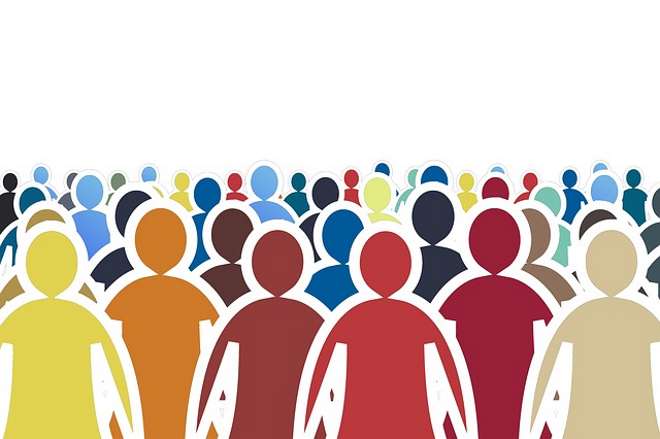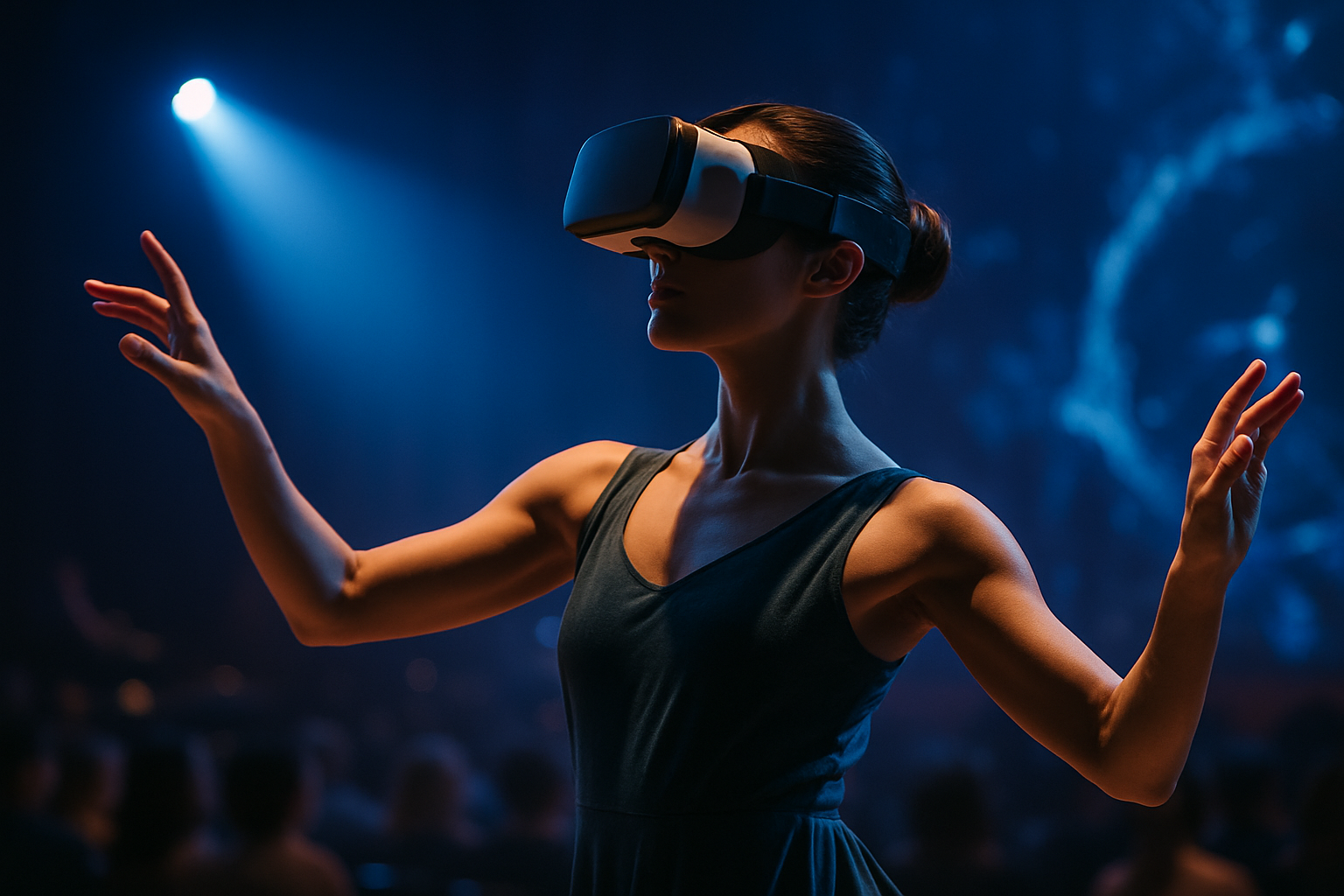The Paradox of Individualism in the Age of Social Media
In this digital age, where the internet and social media have become woven into the fabric of our daily lives, a paradoxical phenomenon has emerged. On one hand, these platforms emphasize individuality by enabling us to create personalized online personas. On the other hand, they foster homogeneity as users conform to popular trends. This article delves into this paradox of individualism and social conformity in the context of social media, shedding light on its historical background, its implications, and how it is shaping our modern society.
A Historical Overview of Individualism
In the pre-internet era, individualism was revered as a fundamental social value, particularly in Western societies. Influenced by thinkers like Friedrich Nietzsche and Ralph Waldo Emerson, societies championed the idea of the unique individual, distinct and separate from the collective. However, the advent of the internet and social media has complicated this narrative.
The Digital Age: A New Era of Individuality?
In theory, the internet and social media platforms enable us to express our individuality more freely than ever before. They offer us an almost infinite array of possibilities to shape our identities, interests, and self-expression. Yet, paradoxically, they also foster a culture of sameness.
The Culture of Sameness
As we scroll through our feeds, we are continually bombarded with similar content, thanks to the algorithms that populate our feed based on our past preferences. This results in a certain degree of homogeneity as users tend to mimic popular trends and behaviors. This is further exacerbated by the rise of influencers who often set these trends, leading to a sort of digital conformity.
The Impact on Modern Society
The paradox of individualism and conformity on social media has far-reaching implications for our society. For instance, it raises questions about authenticity and the true meaning of individuality in a digital world. It also points to the power of social media in shaping cultural norms and societal behaviors, often in subtle and unacknowledged ways.
A Societal Paradox
In conclusion, the rise of the digital self presents a paradox of individualism and conformity. While the internet and social media have the potential to empower individual expression, they also promote a culture of sameness. As we continue to navigate this digital landscape, it’s crucial to be aware of these dynamics and consider their broader societal implications.
The paradox of individualism in the age of social media is a fascinating area of sociological inquiry, one that invites us to reevaluate our understanding of selfhood, identity, and society in the 21st century. It’s a testament to the rapid pace of social change catalyzed by technological advancement, highlighting the need for ongoing research and dialogue. In understanding this paradox and its implications, we can better navigate our digital lives, maintaining a balance between self-expression and social conformity.







